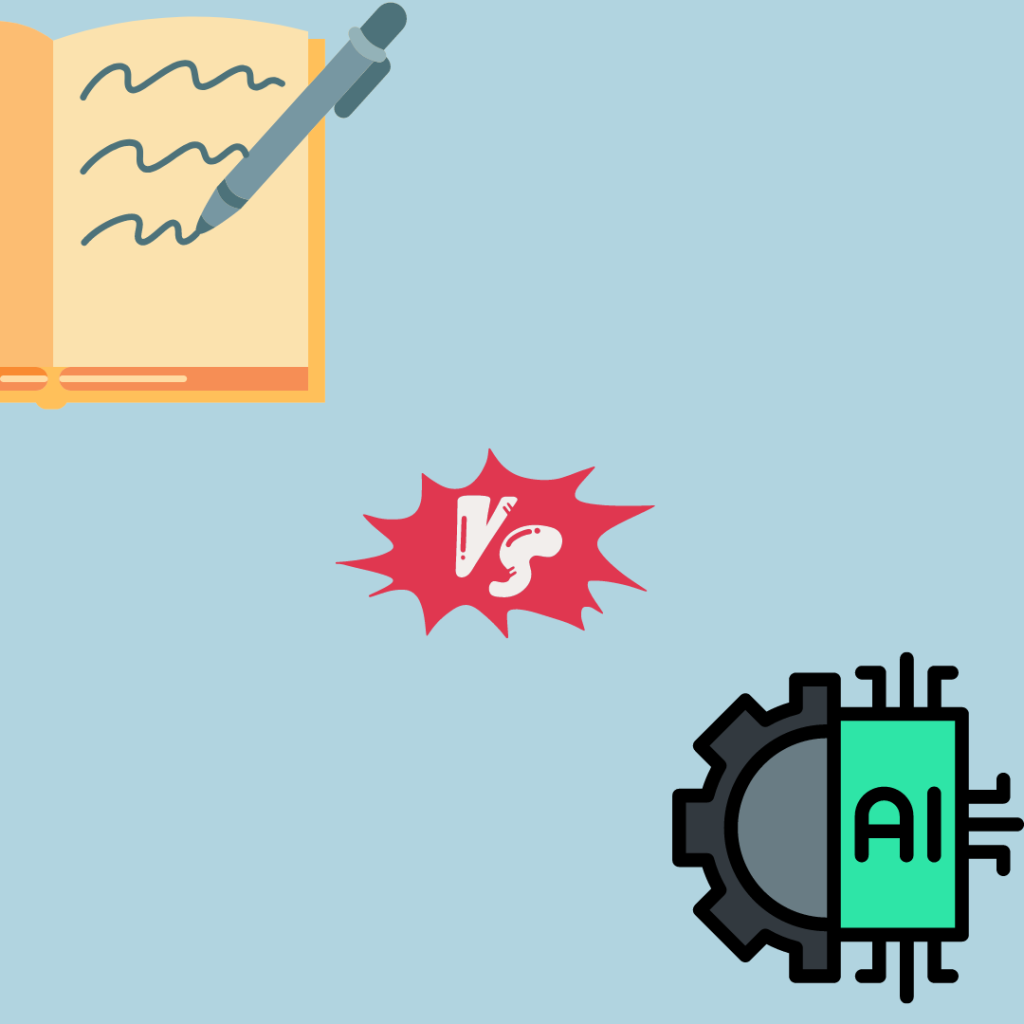Writers are just like any other professional. We want to protect our work at all costs. That’s why it’s important to know about your copyrights.
Copyrights can do more than just protect writers from plagiarism. Outside of plagiarism, there are things that writers don’t know about their copyrights.
Here are some interesting insights into copyrights for writers.
When Copyrights Go Into Place
Registering your work with the U.S. Copyright Office is always a safe bet. However, your work doesn’t need to be registered for your work’s copyrights to go into effect.
Your copyrights for your work exist as soon as it is created in some form. That means that the moment your work is written, your copyrights go into effect.
These rights include:
- Creating adaptations. You have the right to create new works based on your original work.
- Distribution. Only you have the right to distribute and profit from copies of your work.
- Performance rights. You can perform different variations of your work for the public to consume.
- Reproduction. This right allows you to reproduce copies of your original work for the general public.
What Works Are Protected Through Copyright

Have you ever wondered, as a freelance writer, whether your digital works were protected through copyright?
The answer to that question is: it depends.
Written works – whether through print or electronic – are protected by copyright law as long as they meet certain criteria. Among other factors, the written works must be original and contain a minimum amount of creativity.
The blog posts that you write on your personal website, for example, can be considered protected works if they meet this criteria.
However, if your blog posts contain other copyrighted pieces of work, it can be tricky. Copyright law protects the words that express information and not the information itself.
This is why the fair use rule is in effect. Still, you may need to seek permission to the writers or creators to use a certain piece of their work.
Transfer of Ownership

Writers don’t always hold on to their copyrights. In fact, writers have the power to transfer those rights to different people or entities.
You may ask, why transfer these powerful rights to someone else? Unfortunately, some writers have had to transfer some or all of their rights in the past.
Many writers, for example, have transferred their distribution rights to publishers to market their books. Thankfully, self-published authors don’t have to worry about transferring their rights to distribute their works.
However, even if you have to transfer one of your copyrights, that doesn’t mean that all of your rights have been transferred.
Even if you’ve transferred your distribution rights, you still have the right to reproduce and create alternative versions of your original works.
Copyright Ownership in Divorces
Writers don’t think about how their copyrights will be affected through their personal lives. Just like others, writers can get married and divorced.
During the divorce process, all of a married couple’s assets will be divided, including intellectual property.
Your works could fall into two categories: separate or community assets. Which category depends on factors like when the works were created or the state that the couple were married in.
The division of copyrights could vary. Your copyrights could be considered separate property if your works were created before the marriage. If your works were created during the marriage, they may be considered community property.
In this case, any works created during the marriage could be jointly owned by both partners unless another agreement is reached. That means that your ex-spouse could be entitled to a percentage of the profits that your works generate.
The Length of Copyrights

Last but not least, many writers don’t know how long their copyrights can last.
Contrary to popular belief, copyrights don’t last forever. But they do last long enough for you and your descendants to reap the rewards.
The duration of a copyright depends on a couple of important dates:
- The date that the work was created
- January 1, 1978.
Any works that were created on or after January 1, 1978 have copyrights that last for the life of the writer plus an additional 70 years.
That means that your copyrights will last for your lifetime and an additional 70 years after your death. And these copyrights also apply to any uncompleted works that you create.
Final Thoughts
As you can see, copyrights are far more than just regulations for plagiarism. If used correctly, they can protect your works long after you’re gone.
For a more thorough look into copyright law, check out “The Copyright Handbook” by Stephen Fishman: https://bookshop.org/a/85810/9781413327830
Share your thoughts about copyright law in the comment section below.








Leave a comment